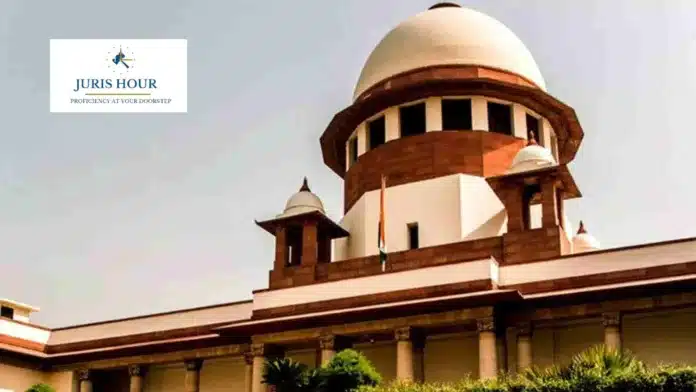In a pivotal decision strengthening India’s parliamentary democracy, the Supreme Court of India has set aside the Tamil Nadu Governor R.N. Ravi’s decision to reserve 10 bills for the President’s consideration. The Court held that the Governor’s action was “illegal” and did not align with the constitutional framework, affirming that the Governor must act with deference to the legislative process.
What Led to the Supreme Court’s Decision?
Between 2020 and 2023, the Tamil Nadu Legislative Assembly passed several significant bills, including those aimed at restructuring the governance of state-run universities. Among the prominent pieces of legislation were amendments regarding the powers of the state Governor in appointing Vice-Chancellors and his role as the Chancellor of universities.
Despite being passed by the legislature, the Governor withheld assent and reserved these bills for the President’s approval. This prompted a legal challenge, with critics arguing that the delay hindered essential governance and violated the state’s right to self-governance.
Supreme Court’s Ruling: What Did the Court Say?
The Supreme Court, in its judgment, emphasized the role of the Governor in the legislative process. Under Article 200 of the Indian Constitution, the Governor is empowered to either give assent to a bill, withhold assent, or reserve the bill for the President’s consideration. However, the Court clarified that once the bill is reconsidered by the state legislature, the Governor must act promptly and in good faith.
The ruling specifically pointed out that reserving bills for the President after the state legislature had re-presented them for reconsideration was unconstitutional. The Governor’s prolonged inaction was deemed a violation of the Constitution’s provision requiring swift assent or return of bills to the legislature.
Why did the Governor withhold assent to the bills?
While the Governor’s office did not provide a detailed explanation, there were concerns that these bills, particularly those reducing the Governor’s role in appointing Vice-Chancellors, were politically motivated and questioned the central authority of the office.
Governor’s Role: How Should It Be Defined?
The Court’s ruling brings into focus the true role of a Governor, who is appointed by the President of India but is expected to act impartially in the state’s affairs. The Governor’s power to withhold assent or reserve bills for the President should not be used to disrupt the democratic process or thwart the legislative will of elected representatives.
What responsibilities does the Governor have in this context?
The Governor must respect the conventions of parliamentary democracy and act in a manner that promotes timely governance, ensuring that legislative decisions are not unduly delayed.
Case Details
Case Title: The State of Tamil Nadu v. The Governor Of Tamil Nadu
Citation: W.P.(C) No. 1239/2023
Read More: 1 Month’s Statutory Period Notice To Be Given Before Issuing SCN To Customs Officers: CESTAT

